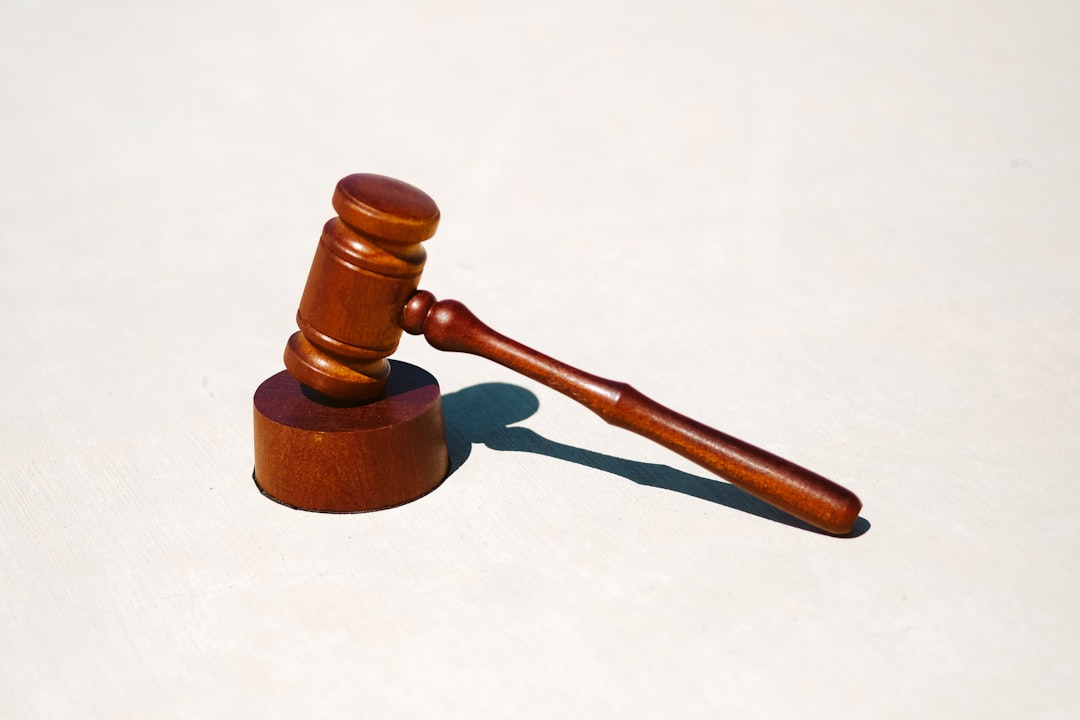Missouri's School-Based Intervention Programs integrate multidisciplinary teams to offer personalized support for students facing academic or behavioral challenges, including those affected by school abuse. Evaluation of these programs requires clear Key Performance Indicators (KPIs) focusing on student attendance, academic performance, and behavioral changes, as well as legal metrics like compliance with reporting and abuse investigation outcomes. Best practices involve robust evaluation frameworks measuring both short-term and long-term impacts on student well-being while preserving privacy. School abuse law firms in Missouri play a crucial role in pursuing justice, investigating incidents, advocating for affected students' rights, and holding educational institutions accountable, contributing to safer learning environments.
In Missouri, school-based intervention programs play a critical role in student well-being. This article delves into the effectiveness evaluation of these programs, focusing on key performance indicators (KPIs) and best practices for assessment. We explore challenges faced and the pivotal role that school abuse law firms play in ensuring accountability. By understanding Missouri’s intervention landscape, we aim to enhance program success and ultimately improve outcomes for students.
Keywords: school abuse law firms Missouri, intervention programs, evaluation strategies.
Understanding Missouri's School-Based Intervention Programs

Missouri’s School-Based Intervention Programs are designed to address various challenges faced by students, from academic struggles to behavioral issues and even instances of school abuse. These programs operate within the framework of supporting student well-being and academic success. One key aspect is their integration into existing school structures, ensuring accessibility for all students in need.
The state’s intervention strategies often involve multidisciplinary teams including educators, counselors, and mental health professionals who collaborate to create tailored support plans. By focusing on early identification and intervention, these programs aim to prevent more severe issues from arising, with the ultimate goal of fostering a safe and nurturing learning environment. This holistic approach is particularly crucial in addressing not just academic gaps but also social-emotional needs, especially for students who may have experienced school abuse or trauma.
Identifying Key Performance Indicators (KPIs) for Evaluation

Evaluating the effectiveness of school-based intervention programs in Missouri requires a well-defined set of Key Performance Indicators (KPIs). These metrics are crucial for gauging success and identifying areas for improvement, especially when addressing sensitive issues like school abuse. KPIs should encompass various aspects, including student attendance rates, academic performance trends, and behavioral changes post-intervention. For instance, tracking the number of reported incidents of school abuse and the time taken to resolve them can provide insights into the program’s impact on creating a safer learning environment.
Additionally, legal metrics play a significant role in Missouri, given the state’s school abuse law firms and legislation. KPIs could include compliance rates with legal requirements for reporting and investigating abuse claims, as well as the success of legal actions taken against perpetrators. These indicators ensure that intervention programs not only improve student welfare but also adhere to the legal framework designed to protect them, fostering a comprehensive approach to addressing school abuse.
Challenges and Best Practices in Assessing Program Effectiveness

Evaluating the effectiveness of intervention programs in schools is a complex task, especially when addressing sensitive issues like school abuse. Missouri’s school-based interventions face unique challenges when gauging their impact due to the diverse nature of student populations and constantly evolving educational landscapes. One significant hurdle is ensuring accurate data collection while maintaining student privacy, which is crucial for honest assessments.
To overcome these challenges, best practices include employing robust evaluation frameworks that measure both short-term outcomes and long-term effects on student well-being. This involves utilizing qualitative and quantitative research methods to capture the program’s reach, engagement, and impact on students’ lives. Additionally, collaboration between school administrators, educators, and external experts from school abuse law firms in Missouri can provide valuable insights, ensuring assessments are comprehensive and grounded in real-world experiences.
The Role of School Abuse Law Firms in Ensuring Accountability

In Missouri, school abuse law firms play a pivotal role in ensuring accountability and justice for students who have experienced abuse or neglect within educational institutions. These specialized legal practitioners are equipped to navigate complex laws and policies related to school-based interventions, thereby protecting the rights of affected individuals. Their expertise lies in investigating incidents, gathering evidence, and advocating for appropriate consequences for those responsible.
By holding schools, administrators, and staff accountable through legal means, Missouri’s school abuse law firms contribute significantly to creating a safer learning environment. They facilitate transparency and encourage proactive measures to prevent future instances of abuse, thereby enhancing the overall effectiveness of school-based intervention programs.






